Poland takes over the presidency of the Council of the European Union at a time of uncertainty and concern. Europe is grappling with the consequences of Russia's armed aggression against Ukraine and the need to strengthen its defence capacity. As EU is witnessing increasing geopolitical tensions, the erosion of the rules-based international order and hybrid attacks targeting European democracy and security.
For Europe, this is the time of trial and decision. The European Union must protect itself and its citizens and take care of its immediate neighbourhood. It must give Europeans a sense of security and prospects for development.
Responsibility for future generations requires EU unity and a willingness to work with partners who share European values, in particular aspiring members. Furthermore, it obliges us to defend the values on which the Community is based, such as democracy, freedom and the rule of law.
The 7 Security Dimensions
Defence & Security
There is a need to boost defence readiness based on increased military spending, a stronger defence industry and addressing defence capability gaps.
The Polish Presidency will support these activities and push for an in-depth debate on defence financing in the EU.
Warsaw will seek strong consensus on enhancing the defence capabilities and defence industry of the EU, which will benefit entities of all sizes from all Member States. Support for key defence and dual-use infrastructure, such as East Shield and the Baltic Defence Line, is also important.
A priority of the Polish presidency will also be to strengthen cooperation with NATO and like-minded non-EU countries, mainly the USA, as well as the UK, South Korea and others.
Protection of People & Borders
Europe must continue its efforts to ensure an optimal level of internal security for its citizens.
Warsaw will seek new solutions to comprehensively address the challenges of migration and security at the EU's external borders, work to reduce irregular migration and strengthen the effectiveness of return policy.
A strong focus will also be given towards an adequate EU response to hybrid threats, in particular the instrumentalisation of migration. We will face the challenges of ensuring that the Schengen Area functions properly.
Enhancing the EU and member state capacities for civil protection, disaster resilience, rescue and humanitarian assistance will also be addressed, along with the issues of combating international organized crime networks, terrorism and radicalization, including in the context of the internal security threats posed by the Russian aggression against Ukraine.
Resistance to Foreign Interference & Disinformation
The European Union and its member states must strengthen the resilience of democracy to curb polarization and radicalization. This requires the ability to recognise and eliminate disinformation and foreign manipulation, but also long-term efforts in the areas of civic education and strengthening civil society.
The Polish presidency will strive to strengthen coordination in the fight against disinformation, information manipulation and to improve the EU's ability to prevent and mitigate the effects of hostile actions in cyberspace. It is particularly important to deal with crisis situations involving interference by third countries with EU information systems.
Attention will be paid to the development of modern, secure digital services. We will also combat climate disinformation to make us more secure in the face of climate change.
Ensuring Security & Freedom of Business
The Polish presidency intends to take measures that will contribute to solving challenges related to rapid technological change, energy and climate transition as well as geopolitical tensions.
It is necessary to deepen the Single Market, and remove barriers to cross-border activity, especially in the services sector. Enacting initiatives that improve access to private capital for businesses that want to grow and invest will also be of importance.
The Polish presidency will promote the reduction of bureaucratic burdens. In this context, it will be important that major European policies make their approach more flexible, move away from penalties and obligations and focus on rewards and incentives. The Polish Presidency will also concentrate on improving support mechanisms for industry in areas important for security and building economic advantages, while maintaining a level playing field within the EU.
It will also be a priority to restore a fair competition for EU industry in the global arena. We intend to improve trade policy instruments, enforcement when goods enter the EU market and make better use of the strengths of the EU's broad public procurement stream.
The Polish presidency will undertake a discussion on the future shape of cohesion policy, as improvements in the Single Market should be accompanied by policies that promote security and economic competitiveness.
Transition to Clean Energy
Poland stresses that the reliability and certainty of the supply of energy resources is crucial for the EU's energy security. However, it was only Russia's full-scale aggression against Ukraine that led to a reduction in Russian gas and oil imports by about two-thirds and a complete shift away from Russian coal imports.
Today, EU energy security is also about ensuring that citizens and businesses have access to energy in sufficient quantities and at an affordable price.
The Polish presidency will therefore promote actions aimed at a full withdrawal from imports of Russian energy sources. It will undertake steps with a view to reduce energy prices in the EU and revise the EU's energy security framework to enhance the physical security and cybersecurity of energy infrastructure in the EU and its neighbourhood and ensure a level playing field for the development of each clean energy source in the EU.
Warsaw will strive to reduce EU's dependence on imported technologies, the components to make those technologies and the critical raw materials needed to manufacture them.
Competitive & Resilient Agriculture
Europe must ensure that farmers' position in value chains is strengthened and their income is stable. We need a competitive and resilient European agriculture that provides food security for Europeans.
All EU actions should take into account vulnerable agricultural sectors and ensure that non-EU producers comply with EU food quality, safety and sustainability standards.
The Polish presidency will strive to shape a strong Common Agricultural Policy that supports farmers and the development of rural areas.
The policy should encourage, rather than force, farmers to take action to protect the environment and show the benefits of combating and preventing the effects of climate change, such as floods and droughts.
Challenges that future EU enlargement will bring to the sector will also be addressed.
Health Security
The Polish presidency will focus on the digital transformation of healthcare and the need to improve EU medicines security, with a particular focus on the patients' perspective.
Both the diversification of medicines supply chains and support for their production in the EU play a key role.
Health security is also about the wellbeing of EU citizens, so we will focus on ways to improve the mental health of children and adolescents in the digital age and health promotion activities and disease prevention.


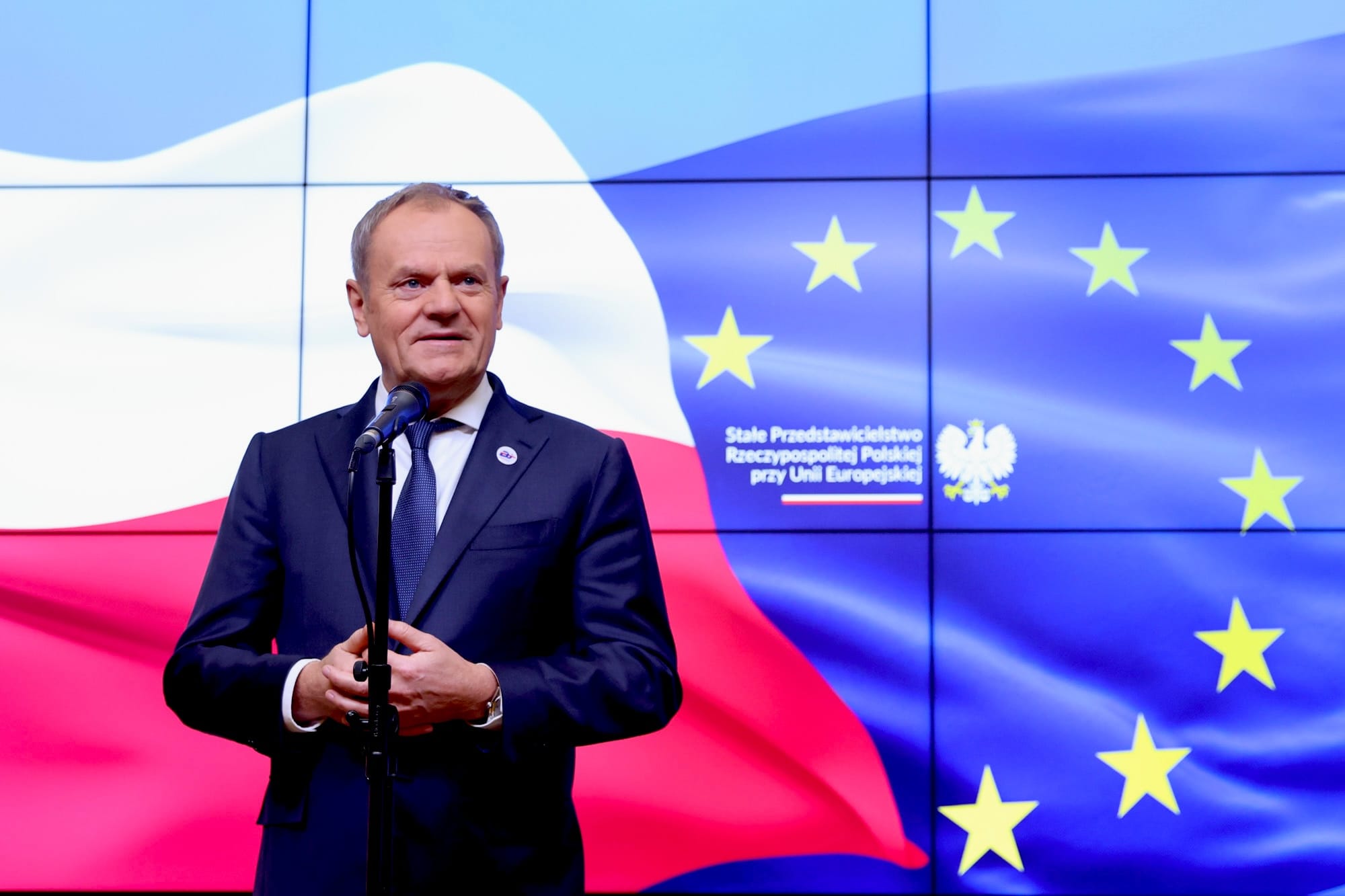




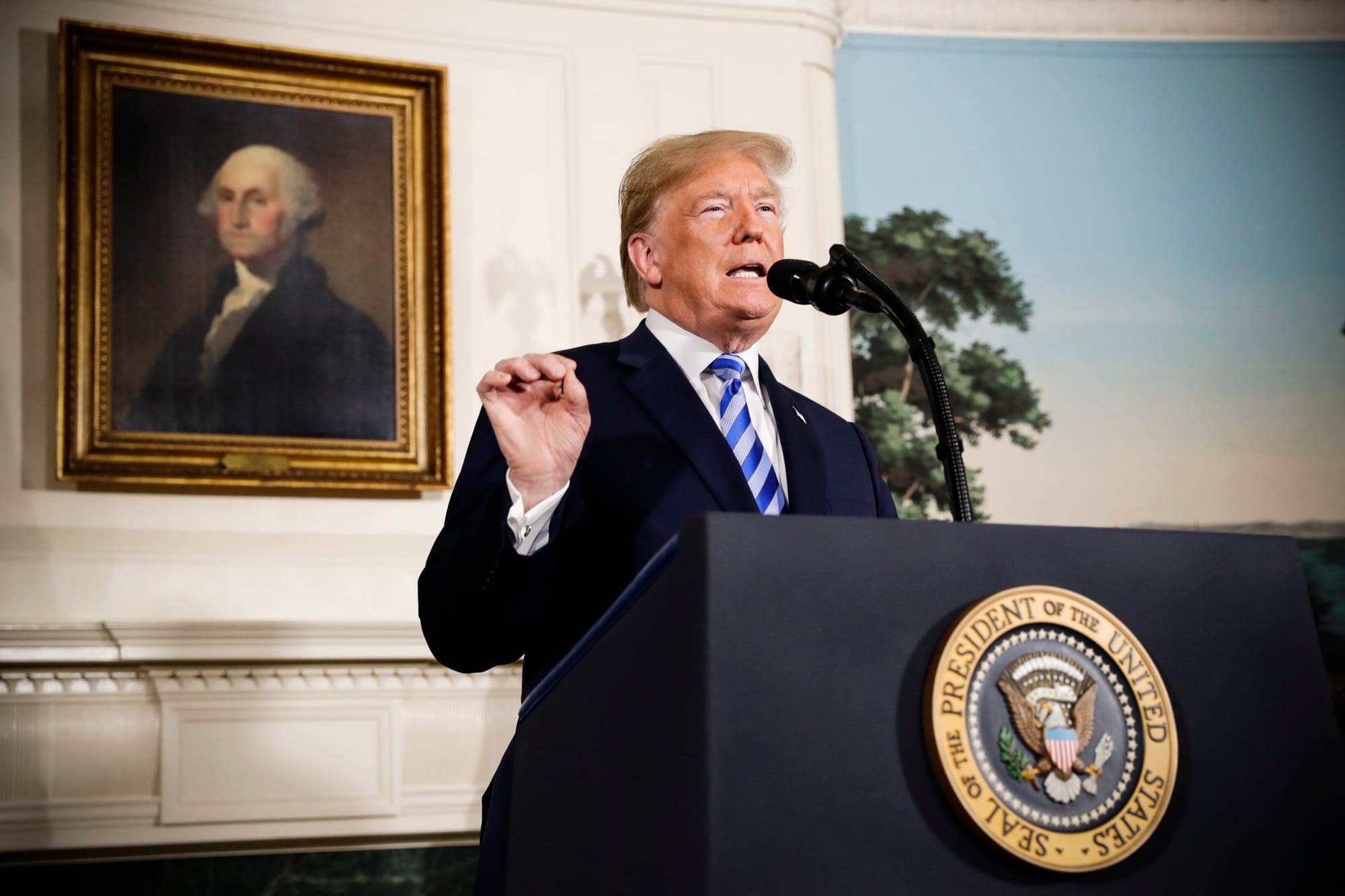
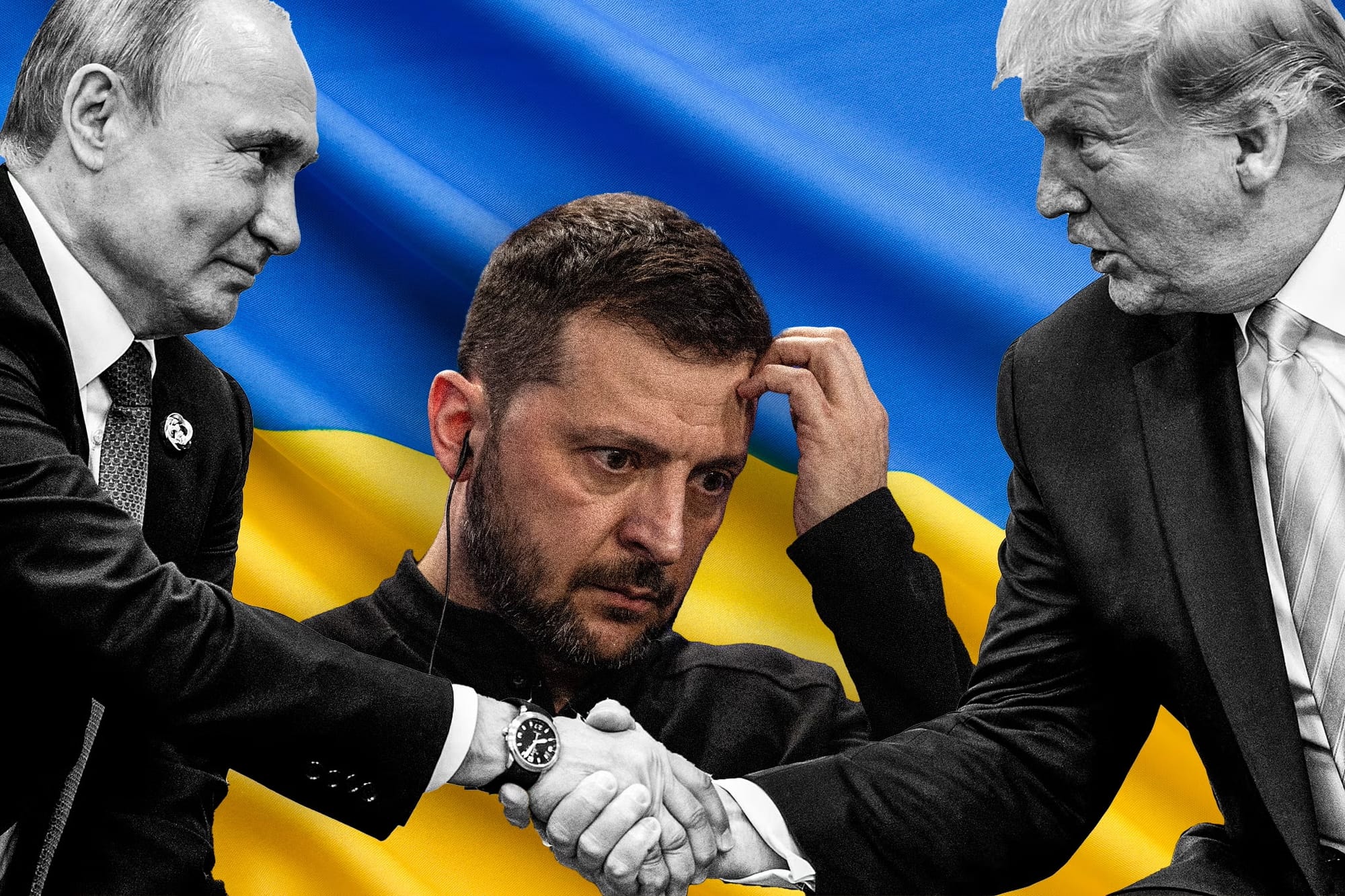

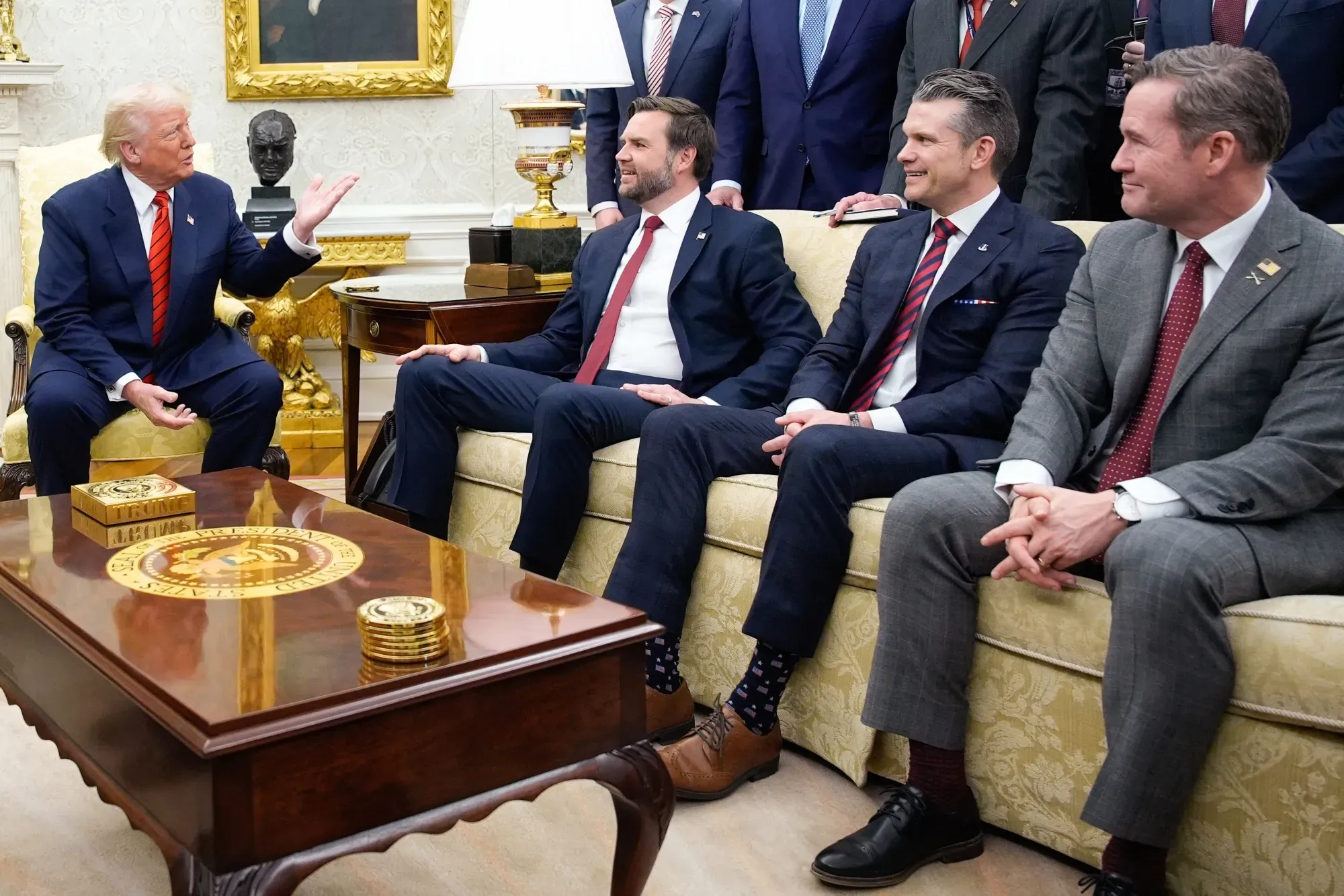
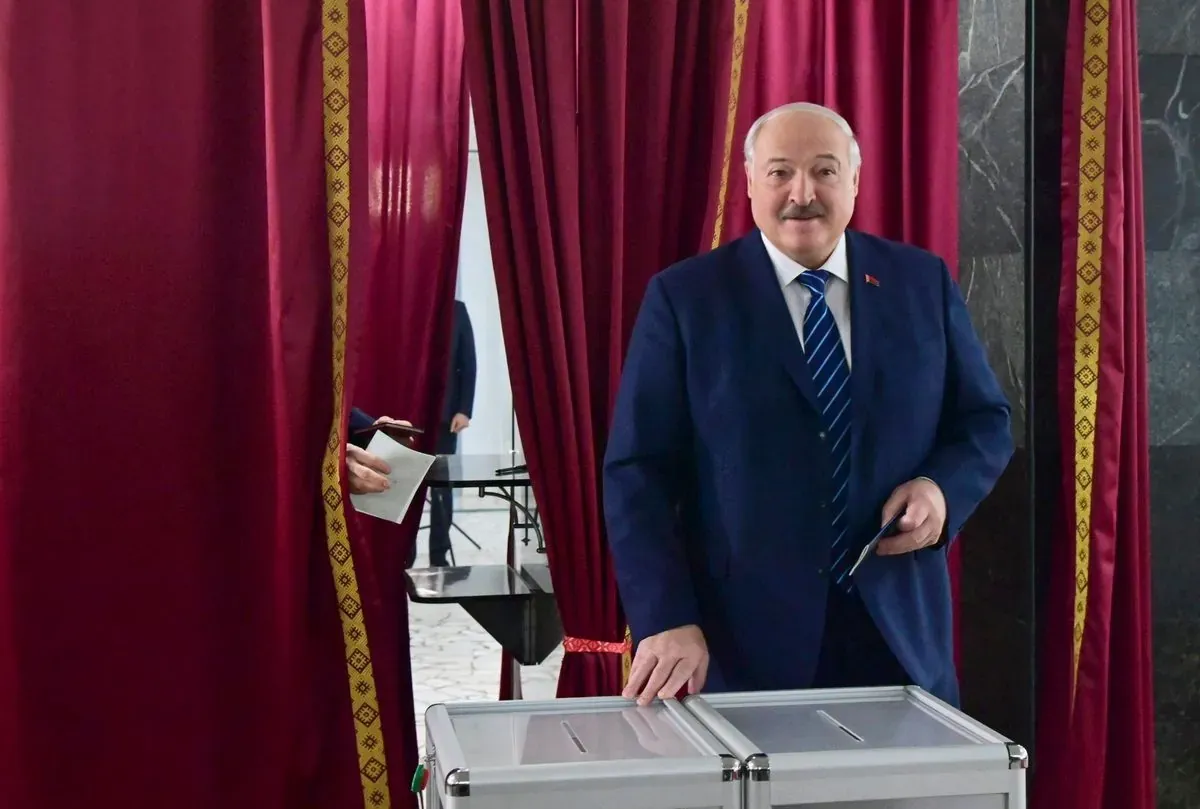
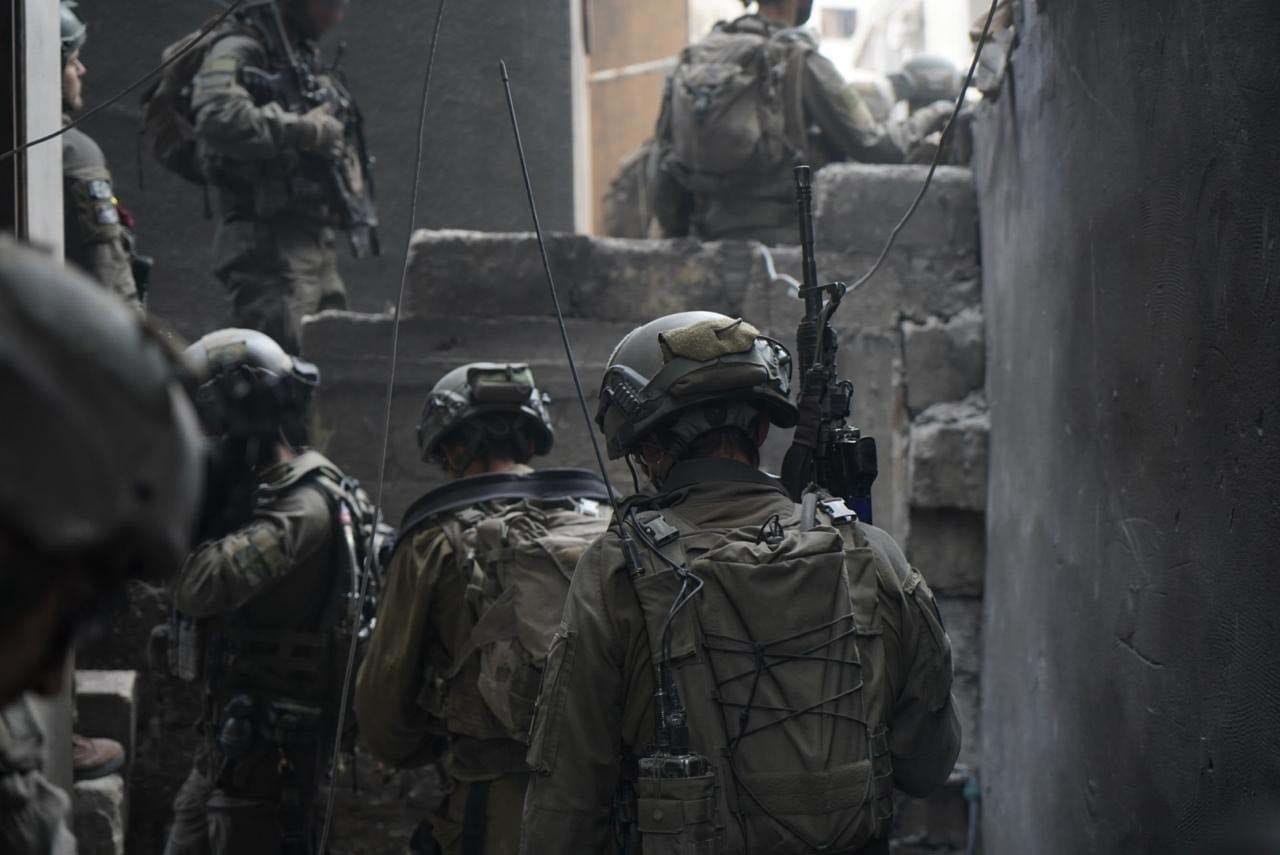
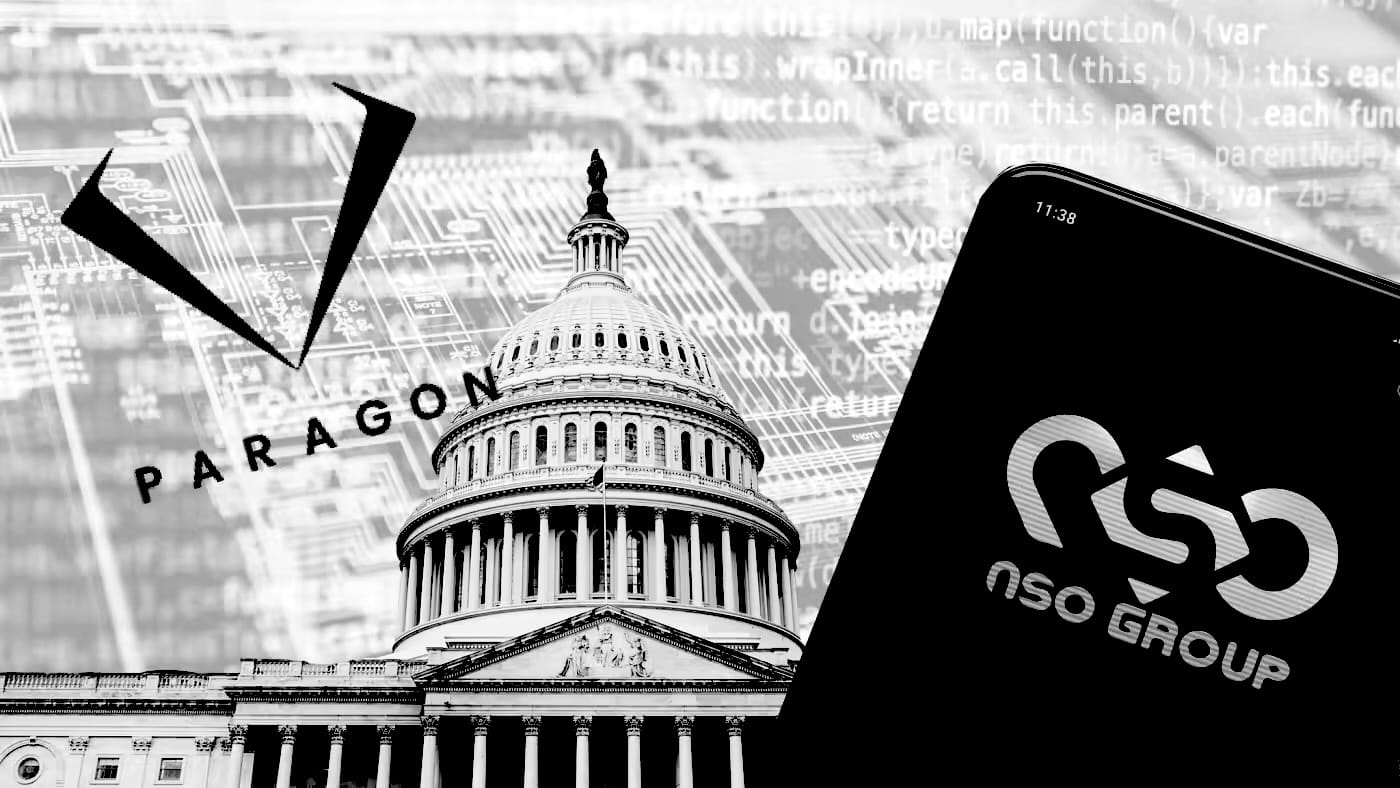
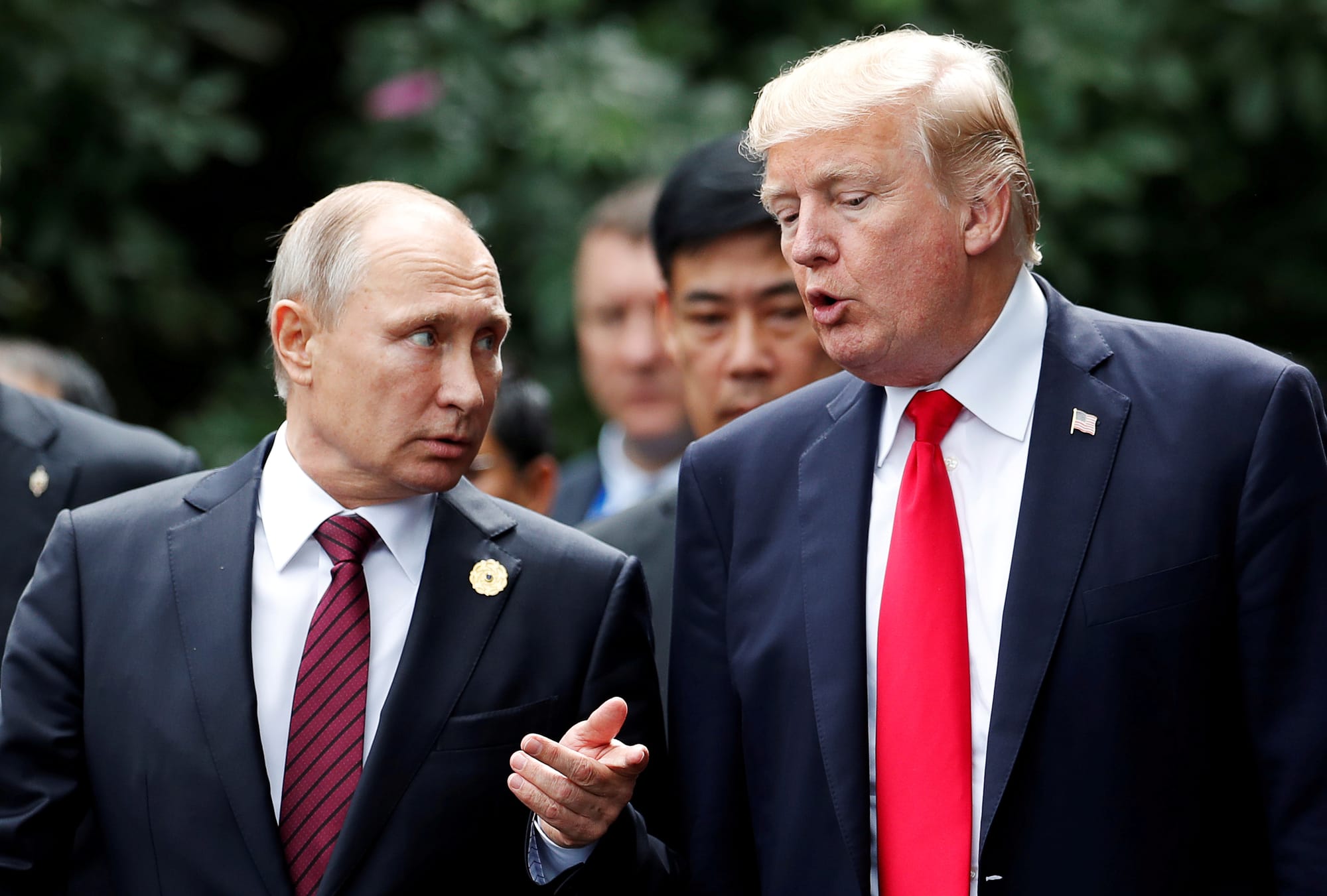
Discussion